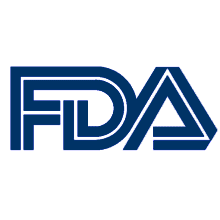An opinion piece published in The Hill poses and answers the question: How much does the US Food and Drug Administration do to promote public health?
Lindsey Stroud, a state government relations manager at The Heartland Institute, a non-profit group aimed at promoting limited government, describes how, in recent years, the FDA has become increasingly more involved in ‘protecting the public health by ensuring the safety, efficacy, and security’ of numerous products, including prescription medications, tobacco, and food and cosmetic products.
‘In many cases, the agency has proven itself to be exceptionally biased against harm reduction devices and services, while at other times, FDA has failed to protect the public from potentially dangerous substances,’ Stroud writes.
‘Such is the case with OxyContin, one of the most important contributors to America’s current opioid epidemic.
‘In countless instances, FDA has been too stringent and inflexible. In others, it has seemingly been ignorant of the dangers of particular drugs, leading many (this writer included) to wonder: Does FDA have any clue what it’s doing?’
Later in her piece, Stroud says that it is important to note that, while the FDA has shown it is willing to allow powerful prescription painkillers to become one of the few relief methods available for chronic pain, it has at the same time applied a narrow standard to other products that could save lives.
‘For instance, FDA has yet to allow many e-cigarette, heat-not-burn, and snus products to be marketed as less harmful alternatives to combustible cigarettes – even though ample evidence shows they are,’ she writes.
Stroud’s piece is at: http://thehill.com/opinion/healthcare/384407-how-much-does-the-fda-really-do-to-promote-public-health.
FDA’s aptitude questioned











